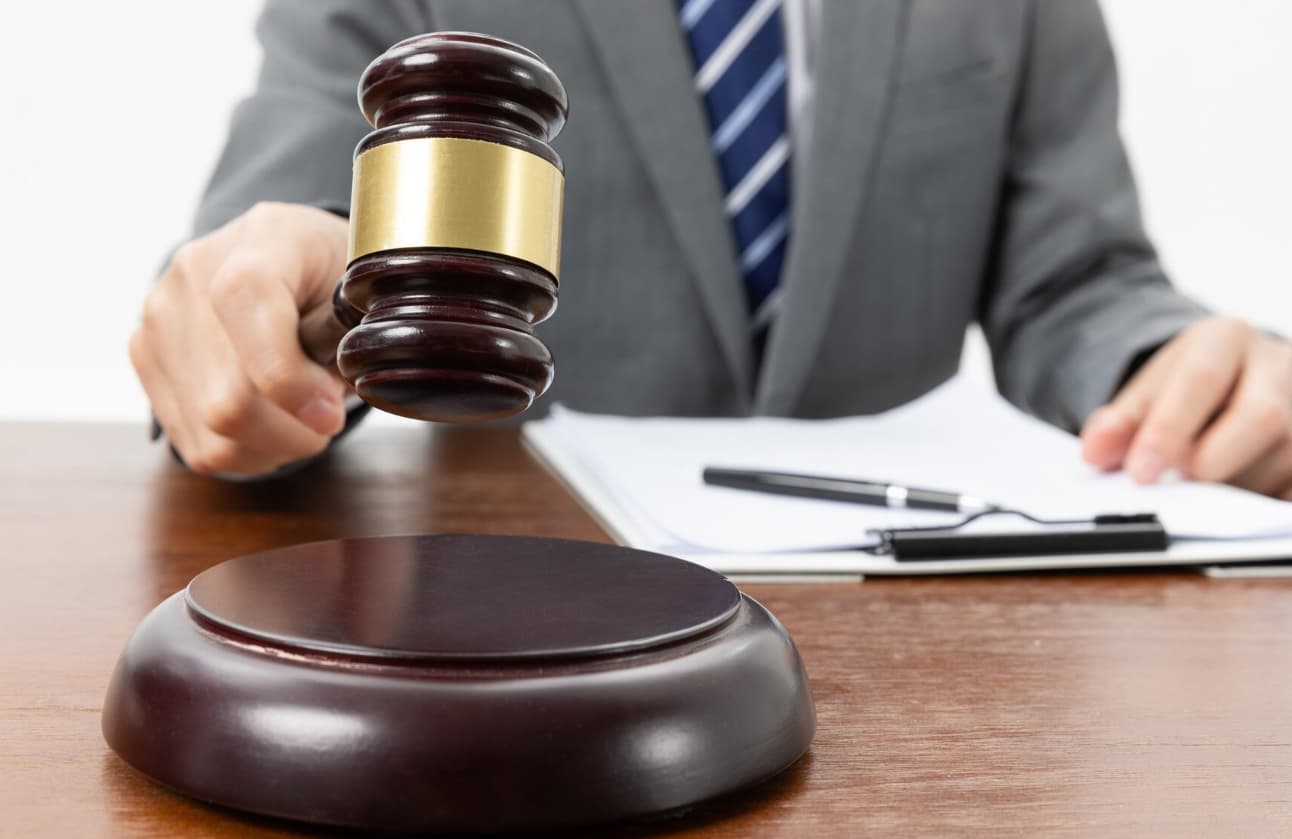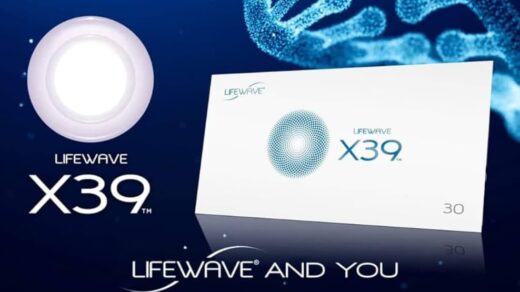In the world of weight loss, promises of quick and easy solutions are as common as New Year’s resolutions. One such promise came from GOLO, a diet program that claimed to crack the code of weight loss by targeting insulin resistance.
But as with many bold claims in the diet industry, GOLO’s assertions didn’t go unchallenged.
In 2021, the scales of justice tipped towards scrutiny when a lawsuit was filed against GOLO, LLC. The suit alleged that the company’s marketing was more fantasy than fact, potentially misleading consumers hungry for a weight loss miracle.
This legal battle put GOLO’s claims under the microscope, questioning everything from its “clinically proven” status to the safety of its supplement.
GOLO Diet Lawsuit

For many, this lawsuit represented more than just a dispute over a single product. It highlighted the broader issues plaguing the diet industry – where hope often outweighs science, and marketing can blur the line between fact and fiction.
As the case unfolded, it became clear that the real weight being measured wasn’t just pounds lost, but the truth behind the promises made to millions of hopeful dieters.
Also Check: Smoothstack Lawsuit
What is the GOLO Diet?
The GOLO diet is a weight loss diet plan that says it can help you lose weight without strict dieting. Here’s how it works:
- It focuses on fixing something called “insulin resistance”.
- You take a pill called “Release” with your meals.
- You’re supposed to eat balanced meals, not super strict diets.
What is Insulin Resistance?
Insulin is a hormone in your body that helps control your blood sugar. Sometimes, your body stops responding to insulin as well as it should. This is called insulin resistance.
- It can make it harder to lose weight.
- It can lead to health problems like diabetes.
- Not everyone with insulin resistance is overweight.
The GOLO Diet Promises
The people who made the GOLO diet say it can:
- Help you lose weight.
- Speed up your metabolism.
- Fix insulin resistance.
Sounds good, right? But these big promises are part of why GOLO is in trouble.
The Lawsuit: What’s the Problem?
In 2021, someone named Vincenzza Bubak started a lawsuit against GOLO, LLC. This is the company that makes the GOLO diet plan. The lawsuit says GOLO did some things wrong:
- Made false claims: The lawsuit says GOLO wasn’t honest about how well their diet works.
- Misleading advertising: They may have tricked people with their ads.
- Could harm people: If GOLO keeps doing this, it might hurt a lot of people.
What Exactly Does the Lawsuit Say?
The lawsuit has three main complaints:
- Implied disease claims:
- GOLO says insulin resistance is why people can’t lose weight
- They say it causes other health problems like heart disease
- They have a quiz on their website to “diagnose” insulin resistance
- Bad instructions:
- The lawsuit says GOLO tells people to use their product for health issues they can’t diagnose themselves
- Only doctors should treat these kinds of problems
- Misleading “clinically proven” claim:
- GOLO says their diet is “clinically proven”
- But the lawsuit says this isn’t true
- To be “clinically proven,” you need big, careful studies done by different scientists
Has GOLO Done Any Studies?
GOLO has done some studies on their diet and the Release pill. These studies showed:
- Better blood sugar levels.
- Better insulin levels.
- Weight loss.
- Changes in body shape.
But here’s the catch: GOLO paid for these studies themselves. This might have affected the results.
Is the Release Pill Safe?
The U.S. Food and Drug Administration (FDA) hasn’t approved the Release pill. But that doesn’t mean it’s unsafe. The FDA doesn’t approve dietary supplements.
GOLO says:
- All the ingredients in Release are on an FDA list called “Generally Regarded as Safe”.
- The pill has vitamins, minerals, and plant extracts.
What’s in the Release Pill?
Here’s a simple list of what’s in the Release pill:
- Minerals:
- Magnesium
- Zinc
- Chromium
- Other ingredients:
- Inositol
- Rhodiola extract
- Berberine extract
- Gardenia extract
- Salacia extract
- Apple Extract
The Latest News: GOLO Lawsuit Dismissed in 2024
Good news for GOLO! In 2024, the lawsuit against them was dismissed. This means the court decided not to continue with the case. Here’s what happened:
- The judge looked at all the evidence.
- They decided there wasn’t enough proof to keep the lawsuit going.
- This doesn’t mean GOLO did nothing wrong, just that there wasn’t enough evidence to prove it.
What Does This Mean for GOLO Users?
If you’re using GOLO or thinking about it, here’s what you should know:
- The lawsuit being dismissed is good for GOLO.
- But it doesn’t prove that GOLO works or is safe.
- You should always talk to a doctor before starting any new diet.
GOLO is Not Alone: Other Diet Pill Lawsuits
GOLO isn’t the only diet company that’s been in trouble. Let’s look at some other diet pill lawsuits:
- Hydroxycut
- Lawsuit in 2009
- Claims: Liver damage and other health problems
- Result: Recalled from stores
- Sensa
- Lawsuit in 2014
- Claims: False advertising
- Result: Had to pay $26 million to customers
- Herbalife
- Lawsuit in 2016
- Claims: Pyramid scheme
- Result: Paid $200 million and had to change business practices
Why Do These Lawsuits Happen?
Diet pill companies often get sued because:
- Weight loss is a big business
- People want quick, easy solutions
- Some companies make big promises they can’t keep
- The FDA doesn’t check dietary supplements as strictly as drugs
How to Protect Yourself?
When looking at any diet or weight loss product:
- Be skeptical of big promises
- Look for scientific proof (not just what the company says)
- Talk to your doctor
- Remember: If it sounds too good to be true, it probably is
The Big Picture: Weight Loss and Health
It’s important to remember:
- There’s no magic pill for weight loss
- Healthy eating and exercise are still the best ways to lose weight
- Everyone’s body is different
- Health is more important than just being thin
FAQs About the GOLO Diet Lawsuit
- Is GOLO illegal now?
No, GOLO is not illegal. The lawsuit was dismissed, so GOLO can still sell its products.
- Does the lawsuit mean GOLO doesn’t work?
Not necessarily. The lawsuit being dismissed doesn’t prove that GOLO works or doesn’t work.
- Should I stop using GOLO?
Talk to your doctor. They can help you decide if GOLO is right for you.
- Are all diet pills dangerous?
Not all diet pills are dangerous, but it’s always best to be careful and talk to a doctor.
- How can I lose weight safely?
Eating a balanced diet and exercising regularly are still the best ways to lose weight safely.
Resources:
- Truth in Advertising. Case 1:21-cv-00492-DAD-EPG.
- National Library of Medicine. The Association between Adult Weight Gain and Insulin Resistance at Middle Age: Mediation by Visceral Fat and Liver Fat.
- Diabetes.co.uk. Insulin Resistance.
- GOLO. FAQs.
Conclusion:
The GOLO diet lawsuit shows us how complicated the world of diets and weight loss can be. Even though the lawsuit was dismissed, it’s a reminder to be careful about health claims.
Always do your research and talk to a doctor before trying any new diet or supplement. Your health is too important to risk on unproven products.
Remember, your health is the most important thing. Be careful with any diet or supplement, and always talk to a doctor if you’re not sure about something.
Disclaimer:
This article about the GOLO diet lawsuit is provided for educational purposes only. We have made every effort to ensure the accuracy of the information presented, but we cannot guarantee its completeness or current status.
Readers should be aware that legal situations can change rapidly, and this article may not reflect the most up-to-date developments.
We are not responsible for any misinformation or actions taken based on the content of this article. This piece should not be considered legal advice. If you need legal guidance, please consult with a qualified attorney.
All names, logos, and pictures mentioned or shown in this article are the property of their respective owners and are used here for informational purposes only. We do not claim any ownership or rights to these trademarks.
Always verify information from multiple sources and seek professional advice before making any decisions related to the topics discussed in this article.



